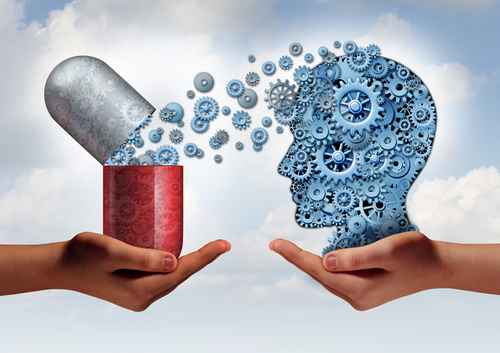Breastfeeding While Abusing Substances
Nowadays there is a hefty list of dos and don’ts while you are pregnant and/ or breastfeeding. After spending nine months adhering to the list it is to be expected to start tackling the don’ts list shortly after the baby is born. After all, the hormonal shifts that occur after giving birth are immense and can be overwhelming, especially when you have to care for a newborn baby. Catering to the needs of a baby can be exhausting, and it is highly common for new (or new again) moms to turn to old methods for coping with stress, exhaustion, and overwhelm, such as turning to drugs and/ or alcohol as an ill-conceived tactic for survival. However, for those mothers that are breastfeeding, it is incredibly important to understand that everything a mother consumes is passed through her milk and is subsequently ingested by her nursing baby.
Marijuana Abuse
Marijuana has been found to present in human milk up to eight times that of maternal plasma levels. Due to the fact that the psychoactive compound THC (tetrahydrocannabinol) has been found in the feces of infants that have consumed breast milk with it present, it has been concluded that babies’ bodies are both absorbing and metabolizing marijuana. Furthermore, the Alcohol and Drug Abuse Institute asserts that TCH that has passed via breast milk can be stored in a baby’s fatty tissues for several weeks. This can result in a variety of issues including decreased motor development, feeding difficulty, hyperactivity, impaired development of the brain and/ or nervous system, decreased mental function, and or SIDS (sudden infant death syndrome).
Opiate Abuse
Opiate abuse can cause a nursing baby to become addicted to the opiates her mother is ingesting. Children exposed to heroin through breast milk can experience diarrhea, increased heart rate, respiratory distress, and/ or abdominal cramping. Opiates in the form of codeine, according to the Centers for Disease Control and Prevention (CDC) are to be completely avoided or taken in the lowest possible dosage during breastfeeding, as they can potentially increase an infant’s risk of severe illness or death. The specific type of substance ingested will affect a woman’s breast milk differently, and can lead to different effects on the baby.
Treatment
There are a plethora of treatment options that specialize in women struggling with substance abuse. Any mother is constantly under an enormous amount of pressure, and adding the need to satisfy one’s substance abuse habit to the mix will not alleviate any of the burdens. In fact, it will likely increase one’s anxiety and overwhelm. The best way to move forward is to attend a substance abuse and/ or addiction treatment program. Parenting a child, of any age, can become an impossible feat when trying to navigate the initial stages of recovering from substance abuse and/ or addiction without ample support. Substance abuse and addiction can affect anyone at any period in their lives. If you are unable to stop abusing drugs and/ or alcohol, it is highly recommended that you stop breastfeeding your baby.
For Information and Support
Substance abuse and addiction can be incredibly dangerous and can result in severe short and long-term consequences. If you or someone you know is suffering from substance abuse or addiction, please get help as soon as possible. The earlier you seek support, the sooner you and your loved ones can return to leading happy, healthy, and fulfilling lives. There is no reason to go through this alone, and we are here to help. Please feel free to reach out to us for further information or with any questions regarding substance abuse or addiction. We are available anytime via telephone at: 213-389-9964, or you can always email us at: info@friendlyhousela.org.


